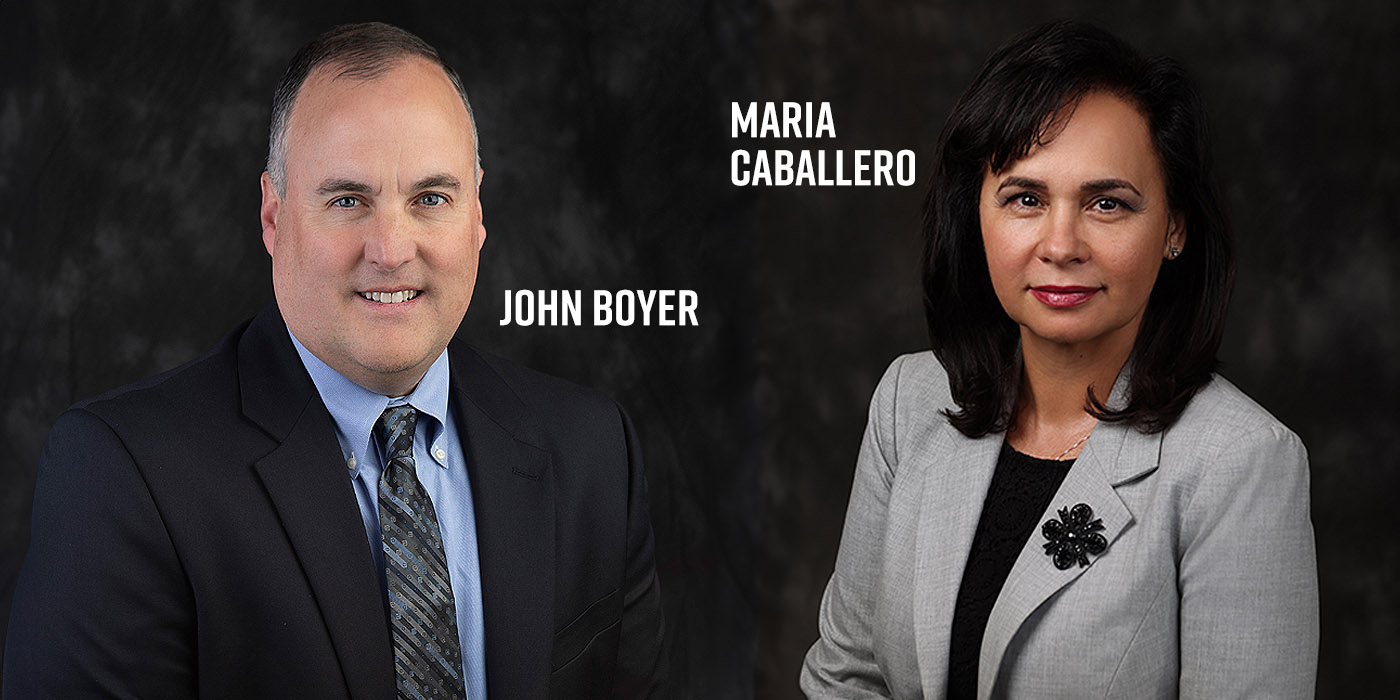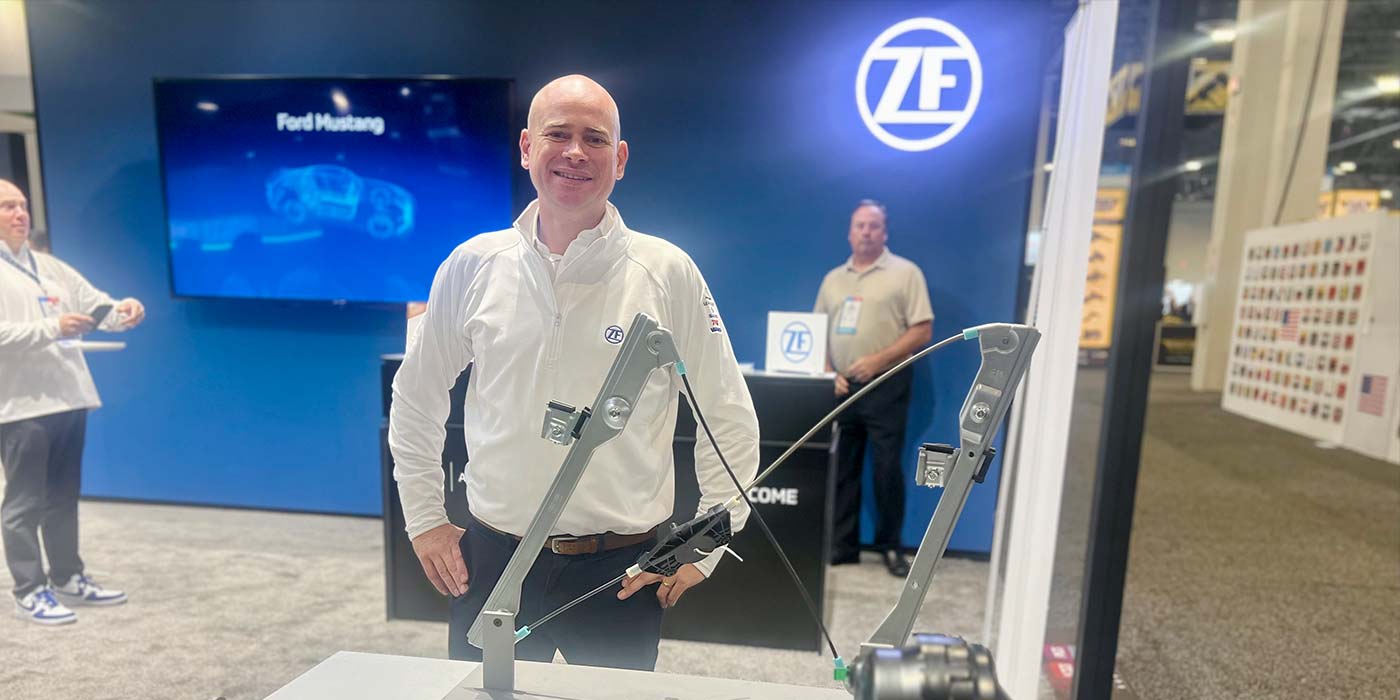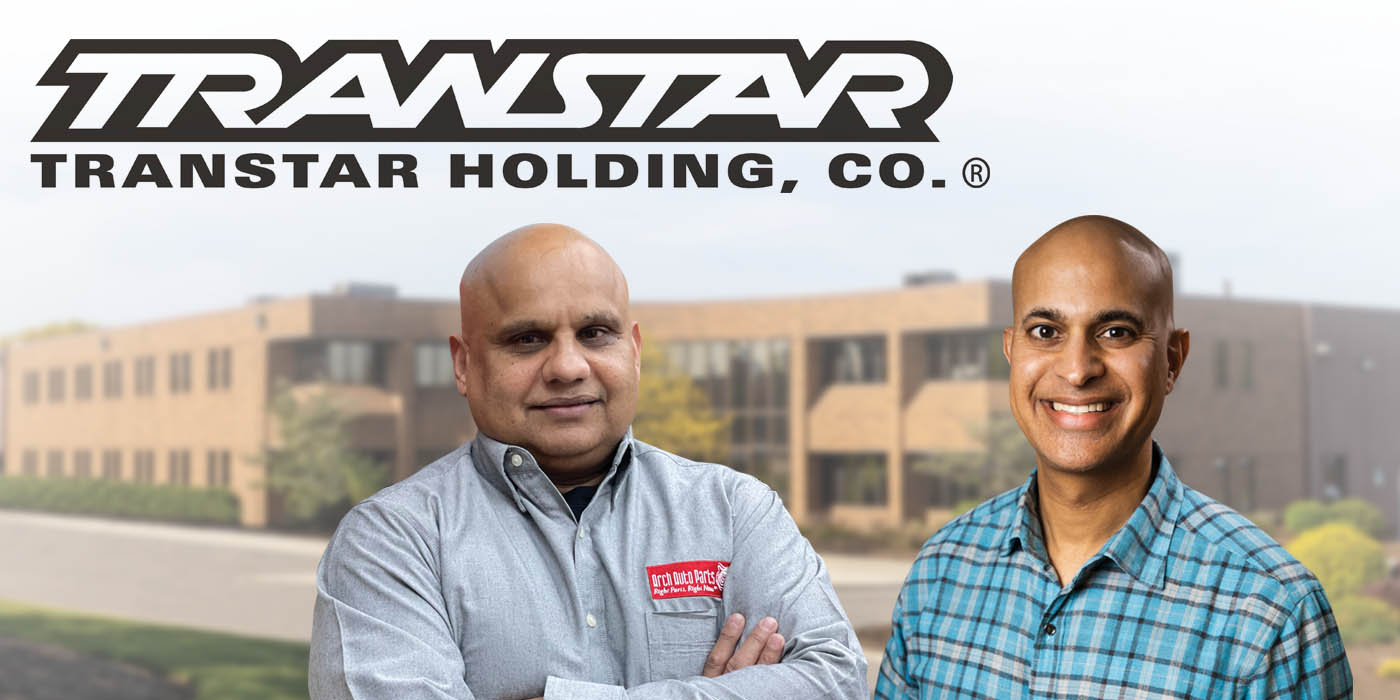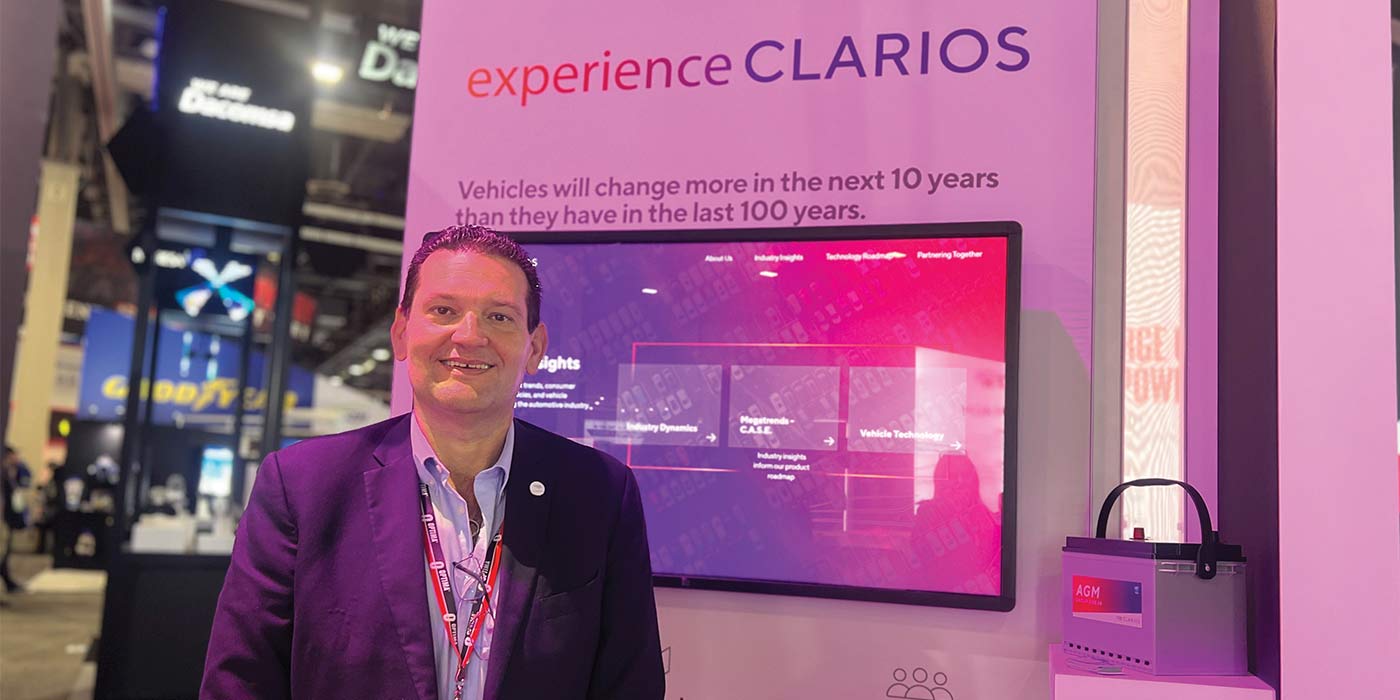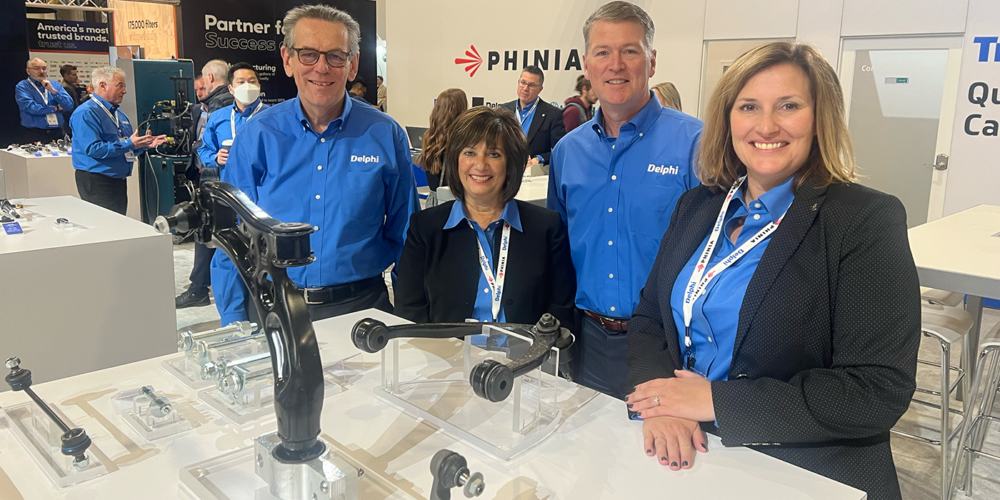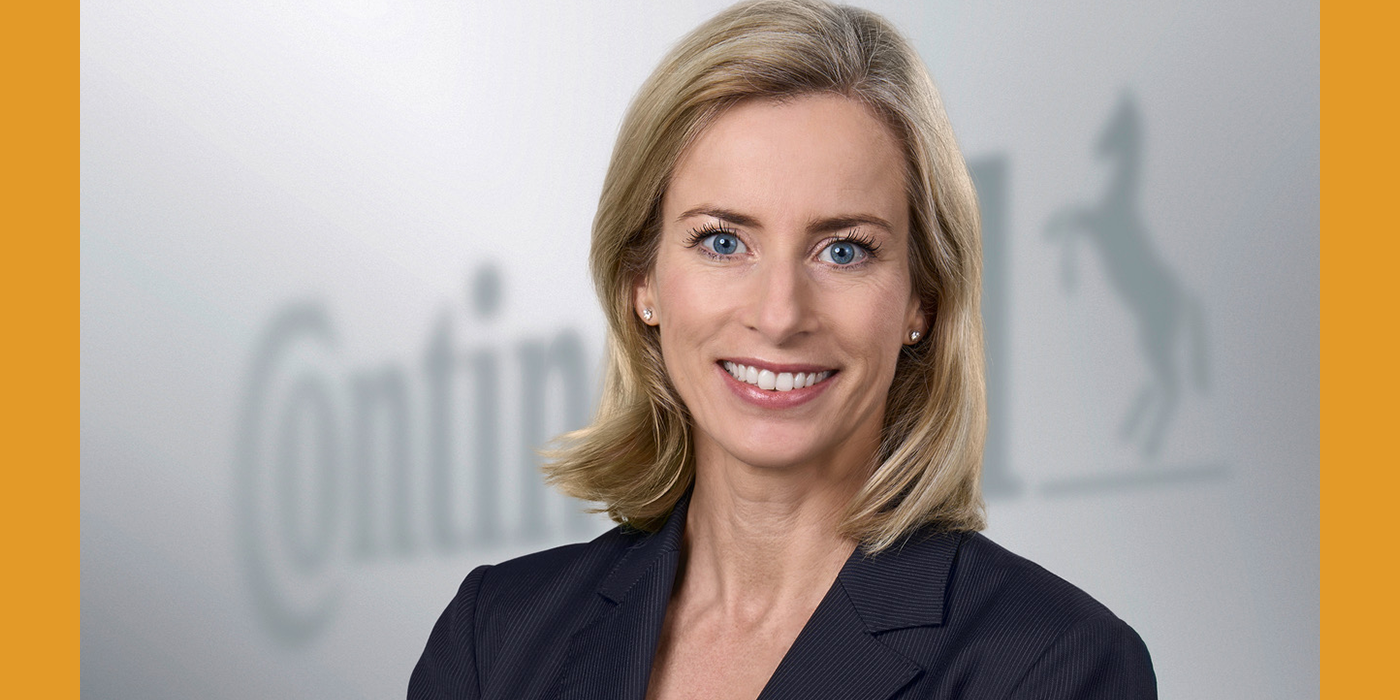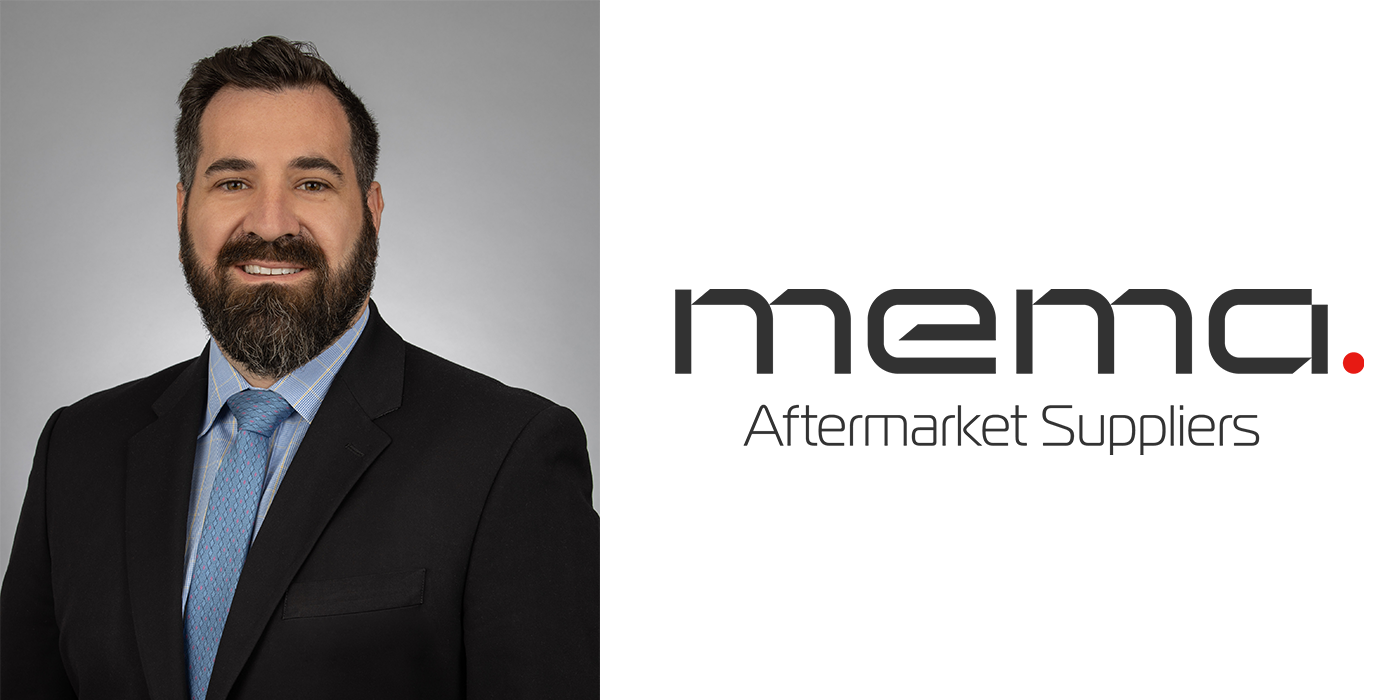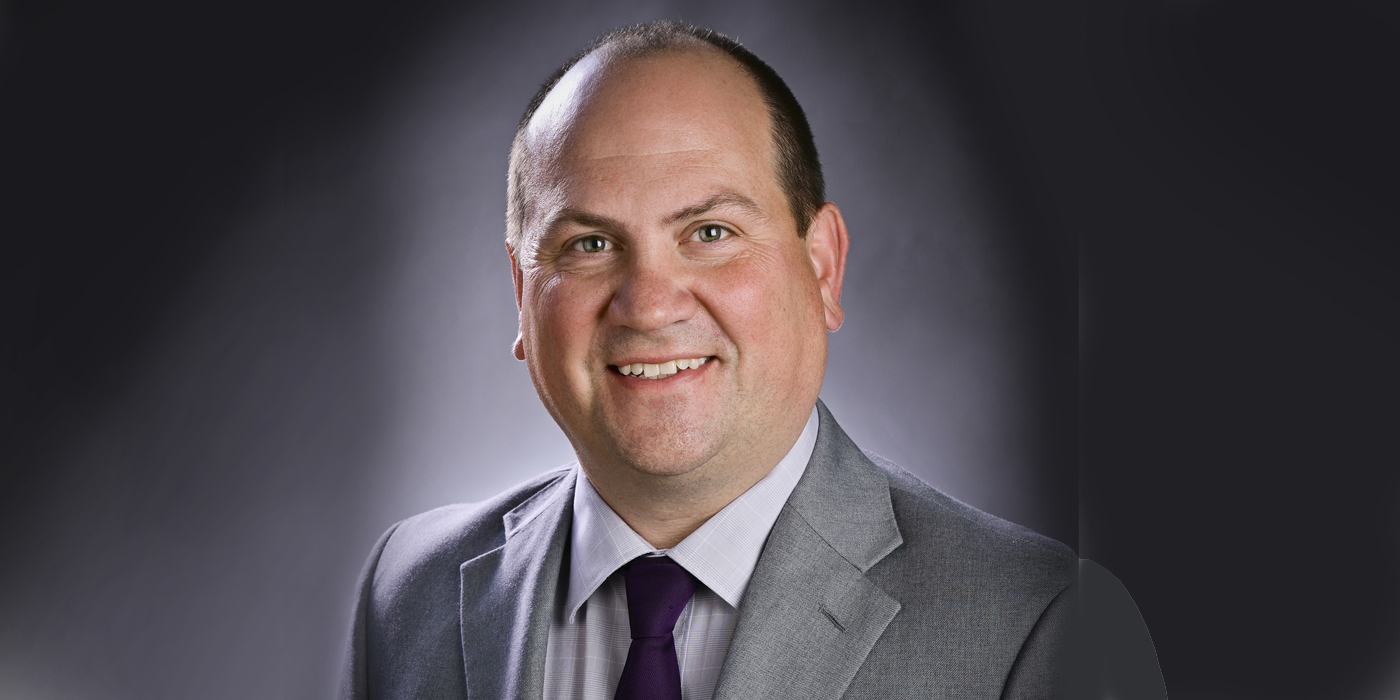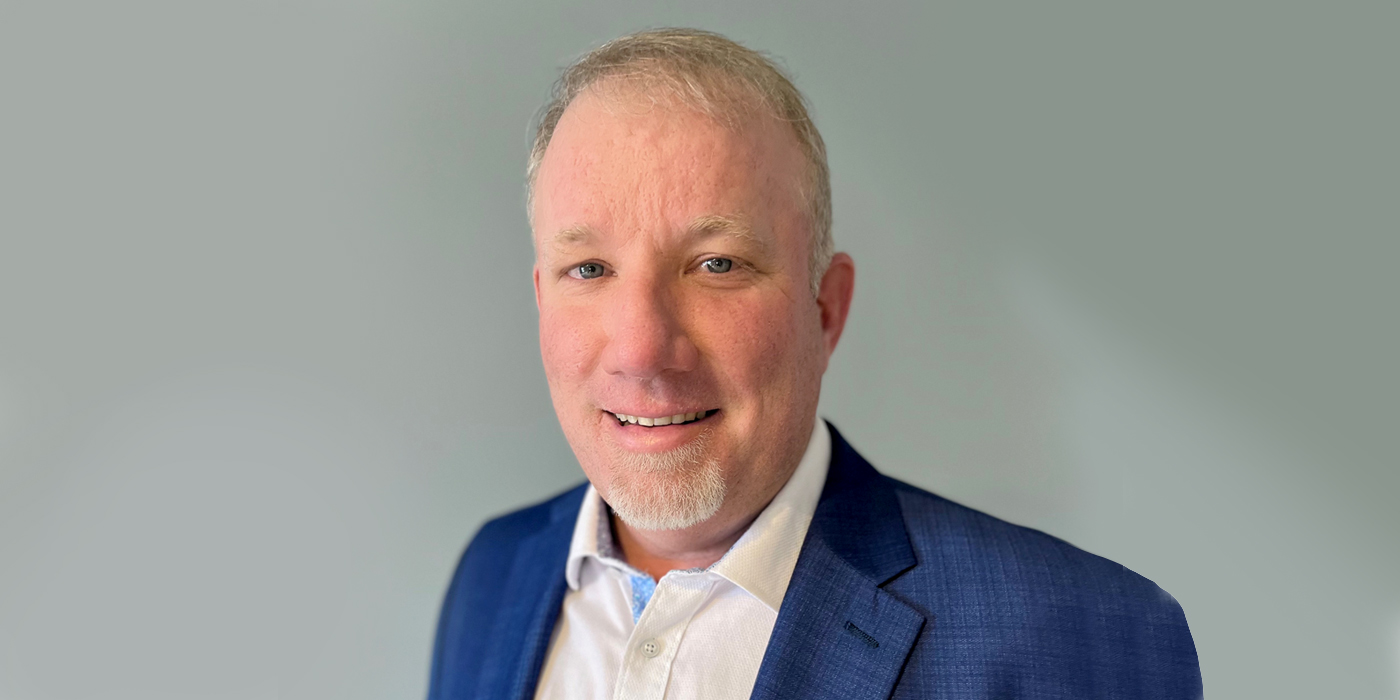By Amy Antenora
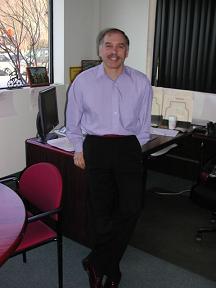 ARMONK, N.Y. — Today’s Executive Interview features Howard Kesten of APA Search. An automotive industry veteran, Kesten has spent the last 20 years as the owner/president of APA Search, a retained executive search firm that specializes in the automotive industry. He is a human resources consultant and is also a noted guest speaker in the industry. Prior to APA Search, he spent several years with Dana Corp., and earlier owned and operated a chain of two-step distributors in and around New York City .
ARMONK, N.Y. — Today’s Executive Interview features Howard Kesten of APA Search. An automotive industry veteran, Kesten has spent the last 20 years as the owner/president of APA Search, a retained executive search firm that specializes in the automotive industry. He is a human resources consultant and is also a noted guest speaker in the industry. Prior to APA Search, he spent several years with Dana Corp., and earlier owned and operated a chain of two-step distributors in and around New York City .
From 1987 to 2008, APA Search has interviewed more than 50,000 automotive industry executives and has placed more than 2,000 of them with some 100-plus clients. Kesten and his team have worked with companies that range in size from $2 million to $60 billion.
Join us as Kesten shares some tricks of the trade and talks about the most important core competencies businesses must focus on in this challenging economy.
APA Search celebrates 20 years in business this year. Congratulations! Tell us, in your opinion how has the employment landscape changed in that time?
Amy, a lot has changed in 20 years.
From an industry perspective, 20 years ago there were fewer grey areas between automotive segments. Positions and qualifications were more easily defined, and it was somewhat easier to find qualified people in each functional area. Today, the demands on business are exponentially greater. Our clients compete in a global, rather than a local economy and as such, their employees require greater skills. To remain competitive, today’s automotive employees must have excellent communication skills, be highly skilled in the latest business tools and technologies, understand and utilize best practices in their specific functional areas, have a cross functional perspective and be highly effective at managing change.
More global organizations have entered our marketplace, which has raised the bar considerably on what they consider minimum competency requirements for their personnel resources. Those requirements are becoming the standard for all aftermarket and OE organizations.
Today’s leaders must work at improving their skill sets and become more strategic in their approach to business. Even if they’re not currently sourcing or selling overseas, they need to travel overseas to understand who they’re really competing with and then take that information and incorporate it into their short- and long-term plans.
Additionally, in some situations it has become more and more difficult to hold on to great talent. The core competency requirements of today’s industry have changed dramatically; and as a result, there’s a shortage of highly qualified people in some very specific functional areas. These areas would include, but are not limited to supply chain and logistics, marketing and product management and all positions related to general business analytics.
What has been your proudest achievement from the last two decades?
Our work with 10 long-term clients is one of our proudest achievements. All of these clients started working with us in the early ‘90s, when none of them had an annual volume over $10 million. We promised that if they allowed us to work closely with them to hand pick the absolutely best managers, their businesses would grow and prosper. Today, these clients have all grown to $150 million to $400 million and they continue to do extremely well. In some instances we are placing the third generation of general managers, as the first two have either retired or gone on to develop their own organizations after many years of service.
Tell us about all that APA offers, a little about your search process and what makes APA Search unique?
Our true concern for the overall health and well-being of our clients is what makes APA Search different. This commitment is the core driving factor behind the search work we do for them. Our clients see us as a true extension of their executive team and a concerned and valued business partner. They know we will recruit executives the same way they would, if they had time to do it themselves.
Our search process begins with a visit to our clients to better understand the key deliverables of the position, as well the short- and long-term goals of their company. We do this at our own expense. From there we create a position and company profile that accurately represents the experience and skills the client is seeking. We then begin a journey to find the absolutely best candidate for the job. We have been known to spend as many as 600 hours on some searches in order to maintain the very high candidate standards that we establish for each search. We then seek out, contact and recruit those high-achievers that have demonstrated a significant level of success in a similar environment.
There are a few other things make us really unique. With more than 20 years in the business and many thousands of automotive contacts, our automotive network is unsurpassed. In addition, we not only guarantee our placements for a full year, but we also guarantee the performance of our candidates after they begin working for our clients.
In addition to recruiting, we offer other services. For many clients, we provide succession, compensation and organizational strategic planning. We often spend a day with a CEO or company owner to understand their vision and objectives. We then interview and assess their existing team and develop a human resource plan to help them reach their goals.
In some ways we also operate as the HR department for smaller organizations that do not have a senior manager in that role. For instance, we field legal questions, help write job descriptions and offer compensation information.
Finally, since we are close to the pulse of the industry we are frequently contacted by clients for industry updates and a general perspective as to “what is happening in the industry.” We really enjoy a true strategic partnering relationship with our clients.
While you focus on finding great employees for other companies, you also added to your own staff roster this year with the appointment of two vice presidents. What are some of the ‘tricks of the trade’ that you used in your own executive search?
When seeking people for APA Search we maintain the same standards that we do for our clients. In addition to the basic administrative and organizational skills that I discussed earlier, we look for people with a positive attitude and an uncompromised work ethic. One of my key requirements is that a person must be a great listener. I can’t begin to tell you how many people just don’t listen. If you’re not listening, you’re not growing. I often ask candidates that apply for positions with my own company to repeat back to me what they thought of the statement I just made to see if they were listening. Very often I found that instead of listening to me they were focused on what they wanted to say next. Inasmuch as our job is recruiting, you must have the maturity to really hear, digest and analyze what people tell you. This is really a great test for any employer looking to hire a key executive.
Of course, in addition to listening skills, our recruiters must demonstrate high ethical standards, have an exceptionally broad knowledge of general business, great depth in their understanding of the specific jobs in each functional area and be highly analytical.
We hear a lot about high jobless rates and layoffs in today’s tough economy. What are your predictions for the North American automotive industry in terms of current/future core competencies?
Before discussing specific changes that must take place in manufacturing and distribution, I believe the ability to manage change must be the one key core competency needed to achieve success in today’s highly competitive global economy. Managing change is not just a mind set to be embraced, it’s a discipline like Six Sigma, which has to be learned and practiced. It has to be an inherent part of every corporate culture.
As raw materials and labor costs continue to rise dramatically, forecasting and general analytics must improve as a core competency. We must be able to measure new vendors scientifically and with great discipline and process, and make decisions accordingly. This also holds true for material and finished goods sourcing. More than ever, clients seek to reduce these costs while the variables used to calculate these costs continue to multiply.
Additionally, logistics must be viewed as a required core competency now and in the future. More than ever, we must become experts on how to move products globally, as well as locally at a lower cost. Recently, while interviewing sourcing managers in Shanghai, I was fascinated by one candidate who described to me a process to reduce export tariffs by as much as 30 percent.
We also see an increased demand for language competencies. Our clients are seeking multi-lingual, culturally aware executives who are willing to travel frequently and/or live overseas. We see this criteria being requested even for managers who will stay based in North America.

